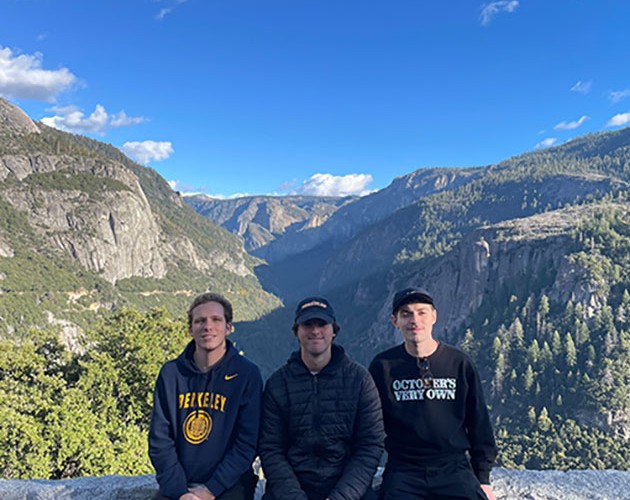The Value of Internships

The dilemma: To get a job, you need experience. But to get experience, you need a job. But is a job the only way to get experience? Whether you’re a new college admit, ready to start your career, or are a working professional looking for a career shift, an internship is a great way to explore a career and advancement.
When you were growing up, you may have been taught to go to school, get a career and then you're set. That's not reality. There are lots of twists and turns. It's an ever-changing and growing process.
Let's talk about stats. Among the 2019 graduating class of students who applied for a full-time job, 57.5 percent of students who received a job offer completed an internship. In contrast, 43.7 percent of those who received a job offer did not complete an internship. Completing an internship can increase your opportunity to get a job by 16 percent.
So How Do You Get an Internship?
First: Understand the type of work that you want to do, the field that you want to explore, and the role that you're looking to get.
Talk to experts to explore the field and the type of job you want to work in.
Take advantage of campus resources, family or friends. Maybe you’re interested in a job in marketing and your friend's mom works in marketing. Or you have a professor who teaches marketing and that person has contacts in the field.
Second: Assess your skills.
A lot of times, students will come to me, and say, “I want to do an internship in data science, but I have not taken any data science classes.” I immediately tell them, “We may need to reassess the kind of internship you're looking for because a field like data science needs concrete data science skills.”
Have conversations with a career counselor or an instructor or someone who knows about the space is important. You have to be realistic about the skills that you have and those you don't have, and what you're looking to gain in an internship.
Third: Get in touch with a career center.
Here at Berkeley Global, we have a career center. My team provides career counseling, coaching and interview prep to help find you an internship. We have a database of companies that we work with that have been taking our students for years.
Lots of organizations have established internship programs that you can access via the academic department or the student success centers on campus.
One year after completing her certificate, Swapna Deshpande heard from certificate program director Dr. Richard Louie about an exciting opportunity for graduates: internships! She was able to gain first-hand knowledge by shadowing a preceptor in the Stanford School of Medicine's Thoracic Oncology department.
Fourth: Network
Attend events, conferences and panels for networking opportunities.
Remind yourself: “I'm not here to ask for a job. I'm not here to ask for an internship. I'm here to make relationships. I'm here to make connections.”
Just have a conversation.
Fifth: Make sure your LinkedIn profile is up-to-date and professional.
Professional LinkedIn profiles are really important. Take advantage of the tools available to make it professional. This advice also applies to your other social-media profiles.
“I worked at video advertising startup company Turgo. I helped them develop social media strategy and SEO strategy. It was my first time working at a startup, and I liked the culture where my ideas and expertise were easily seen and valued. It's amazing to be treated as a full-time employee, not simply as an intern.”—Jolin Wu
Top Things to Do When You’re In an Internship
- Learn everything you can. Gain as much exposure to different areas and fields so you can then understand what you want to do and what you don't want to do.
- Connect with people. Ask to hear more about how someone got to this company, what they’re doing and how you can help support. You're building a relationship.
- Do the small tasks. Take anything that's being thrown at you and run with it. Show initiative and be flexible because that's how you're going to build the blocks to doing larger projects and other opportunities.
- Say yes to any opportunity.
- Ask questions. Get clarity rather than doing a project in a way that your supervisor didn’t want you to.
- Show initiative. If you’re done with a task or project, talk to your supervisor and ask if there are other projects you can work on.


